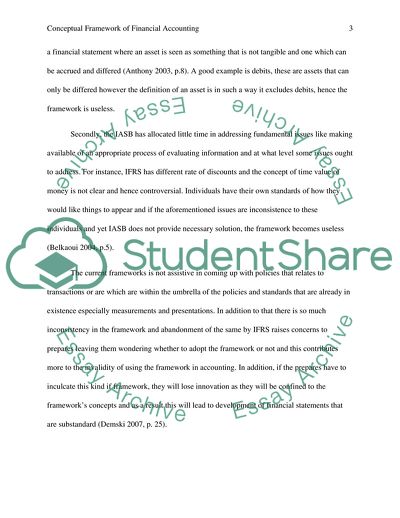Cite this document
(Accounting theory Coursework Example | Topics and Well Written Essays - 2000 words, n.d.)
Accounting theory Coursework Example | Topics and Well Written Essays - 2000 words. https://studentshare.org/finance-accounting/1854330-accounting-theory
Accounting theory Coursework Example | Topics and Well Written Essays - 2000 words. https://studentshare.org/finance-accounting/1854330-accounting-theory
(Accounting Theory Coursework Example | Topics and Well Written Essays - 2000 Words)
Accounting Theory Coursework Example | Topics and Well Written Essays - 2000 Words. https://studentshare.org/finance-accounting/1854330-accounting-theory.
Accounting Theory Coursework Example | Topics and Well Written Essays - 2000 Words. https://studentshare.org/finance-accounting/1854330-accounting-theory.
“Accounting Theory Coursework Example | Topics and Well Written Essays - 2000 Words”. https://studentshare.org/finance-accounting/1854330-accounting-theory.


